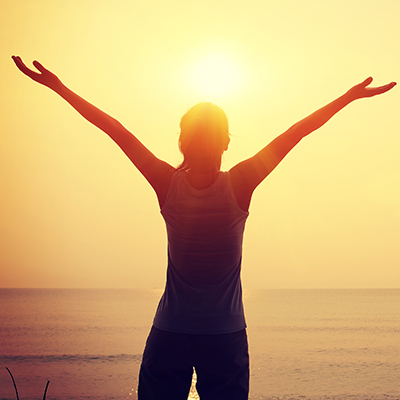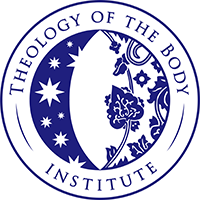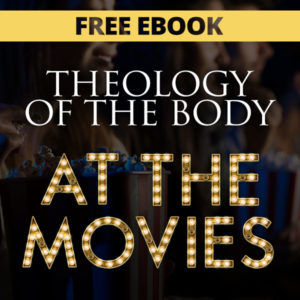

Sunday Funday and the Sabbath
Sunday Funday and the Sabbath

Sunday, funday. For years now, the rise of brunch dollars, a day off, and the desire to find community in non-traditional ways has sparked this declaration of freedom. Social media posts rebrand Sunday as a time of fellowship and seven-dollar toast and mimosas, followed by outings and bike trails and maybe even sports.
This turn to a socially-endorsed day of “fun” isn’t surprising, really. As Christians we have been setting Sundays aside for millennia. The Church teaches that God rested and was refreshed on the “seventh day,” and says the day off is a “day of protest against the servitude of work and the worship of money.” (CCC 2172)
But since the Gospel of Mark says the sabbath was “made for man,” I wonder if we really understand what sabbath has to do with “acting like God.” If God’s actions are the model for human action, why does it seem that everyone I know is overwhelmed, pouring our life into busy-ness, or disrespecting our body-person by running it ragged? How does sabbath fit the commercial rat race, screaming screens, laundry that never stops, or the school-work-homework-basketball practice-bedtime- start over commitments of normal life?
If we learn anything from John Paul II’s anthropology in his Theology of the Body, it’s that the body “speaks.” While this fundamentally regards the samenesses and differences of male and female, it extends to our own self-understanding. The body has meaning, and also teaches us about our selves. So what does it mean when everyone is worn out? Conversations start to revolve around lists. If you’re not busy, you’re not doing it right.
I spent the past seven years as a graduate student, an all-encompassing crucible. In the middle of my studies and demanding teaching schedule, my husband got very, very ill. Long hours from our home, we learned quickly what it meant to have very busy friends, even too-busy family. I learned what it means to watch someone you love suffer every day, and also to feel incapable of giving myself well to everything that demanded my brain space, my time, my body. The last year of my studies I was teaching, completing a dissertation, and caring for my husband post-transplant.
This situation is, thankfully, unusual for many of us. But our schedules can feel overwhelming. We can tend to sacrifice our whole self to our to-do lists, without ever listening to the body speaking to us. We start to define ourselves by what we do, and not who we are.
John Paul II teaches us that we are in fact ensoulled bodies, created in the image of God, male and female, out of God’s gratuitous love. We are imago Dei – God’s image. And one of the very first things Genesis teaches us is that God rested.
We know God is not a body. But God’s resting from work is a model for our own rest, which we cannot do except as a body. Of course for Catholics sabbath traditionally means making a Sunday a space for prayer and family. Sometimes, we also pack other things in – holy things perhaps, but more things. When our holy space and time becomes busy, we are closing our spiritual ears to the language of our bodies.
Sabbath means intentionally planning rest for the good of the body. This will look different for us all. It starts with reassessing our Sundays, though. Are Sunday afternoons work and shopping? Have we packed in busy activity, or did we make time for rejuvenation? Yet sabbath is not confined to a day. It is a practice. It takes seriously God’s own model of action, and invites us to rest and rejuvenate our bodies on a regular basis.
This means making practical choices, such as ending the work day on time on Fridays, committing to a date with your spouse weekly, taking a study break and walking the neighborhood with a camera, or painting, or praying. It is a beautiful way not only to model the creator, but also to connect with the things your body is saying: I need sleep, I need fresh air, I want to dance!
Sabbath in this way is not another task, though it requires intention and may need to go on your master schedule. It is not another thing to feel guilty about, and it doesn’t happen easily in every stage of life. But it is important because it is a meeting of the bodily and the theological. It is my commitment to rest, to recharge, reenergize. It is as important as doing laundry, and morning exercise, and eating broccoli. It is as important as prayer, because it is what God does, and honors our body and the One who created me.
Christine Falk Dalessio, Ph.D., is a New Jersey native who lives in Ohio with her husband Mike and cats Benny and Frankie, named after the popes. She is a Catholic theologian who has been teaching theology in Dayton at the university level for seven years. Christine has attended TOB Institute courses since 2007 and has served on the prayer team for many courses since 2010.



